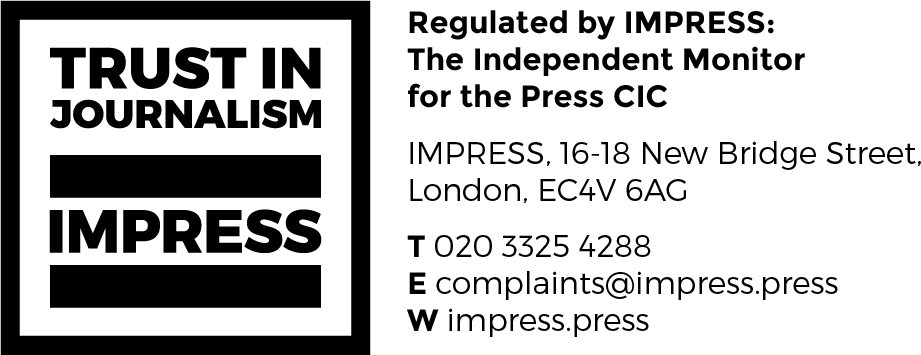Year extension on double VAT charge for British yacht owners

British superyacht owners with boats moored in EU waters have been granted a stay of execution after the UK government delayed plans to force them to pay a double VAT charge on their vessels after Britain leaves the EU.
Customs rules meant owners of boats moored in the EU for at least three years would have to return to UK waters before New Year’s Day to avoid paying VAT twice.
However, UK authorities recently announced it had pushed back the date by which vessels would need to return to the UK to avoid paying VAT twice to December 31st 2021.
Howard Pridding, director of external affairs at the Royal Yachting Association, welcomed the decision but said the extension was not “long enough” due to coronavirus travel restrictions and winter weather making it difficult for people to bring back boats in time.
The association, the national body for recreational and competitive boating, has been lobbying the tax office for a three-year extension to the relief.
As part of Europe, British recreational boats can travel freely in EU and UK waters without paying customs duties if VAT has already been paid on the boat in the EU. This will come to an end after the transition period draws to a close on December 31st.
The amount of VAT owners could face is substantial, depending on the market value of the vessel when it returned to the UK. Ruth Corkin, VAT director, Hillier Hopkins, said that owners of a yacht worth £250,000 — which had already paid £50,000 VAT in the past — would be faced with another tax bill of £40,000 on their return to the UK with the boat if it was now worth £200,000.
Boats returning to the UK had been due to lose a customs relief called the “returned goods relief”. This is available on temporary exports — including recreational boats — returned to their origin country within a period of three years.
On top of that, Corkin said that leaving a vessel in EU waters after 31 December could also incur EU tax liabilities for British superyacht owners. This is because the “VAT-paid” status currently enjoyed by British yachts in the EU only applies to EU-flagged craft.
“There may be a double whammy at the EU end if the yachts stay in EU waters,” she said. “With Covid, each of the member states is going to want to fill its tax gaps and will be hunting for areas that are a quick win. And there’s the feeling that people who have a lot of money should be taxed more.”
Subscribe to our free newsletter
For more opinions from Superyacht Investor, subscribe to our email newsletter.

